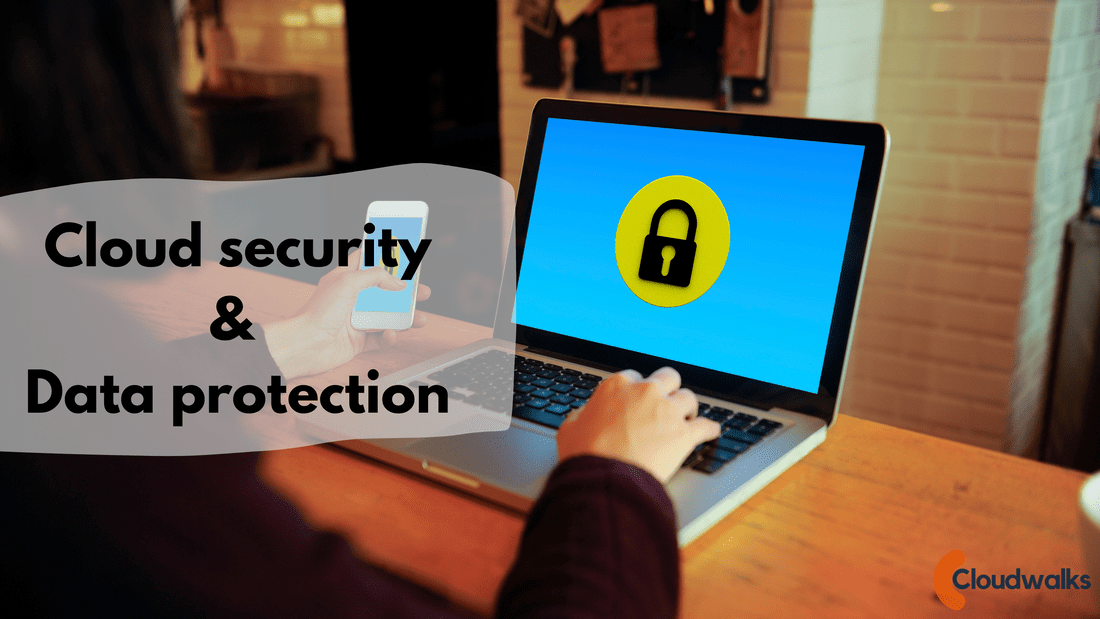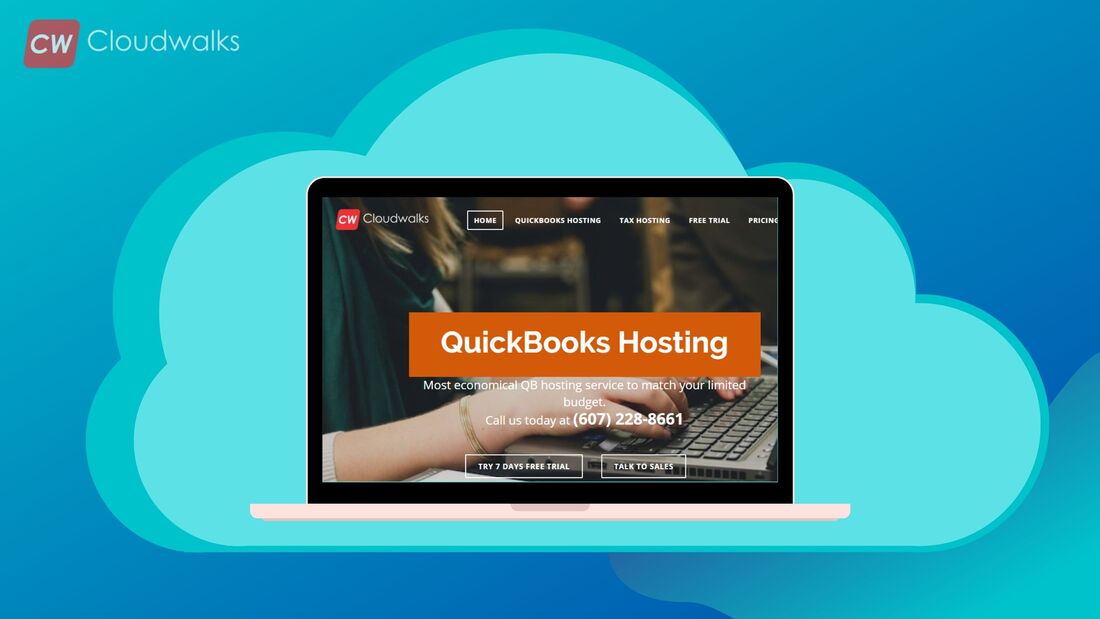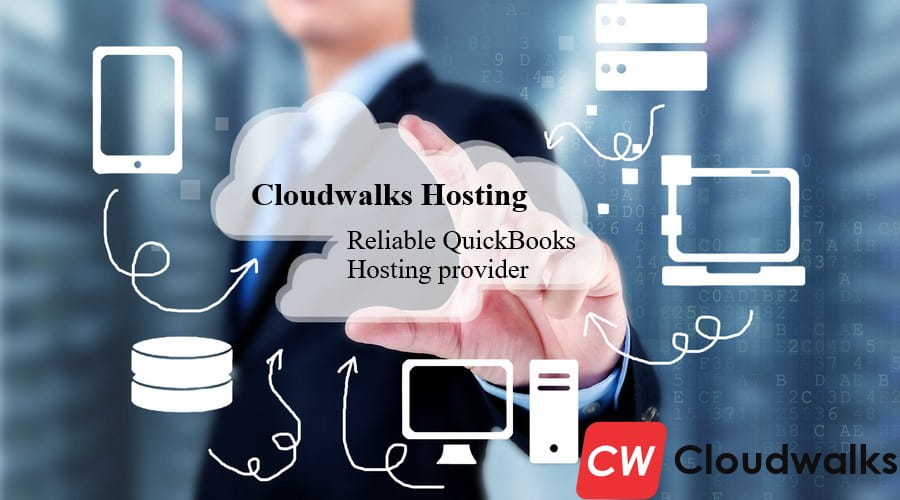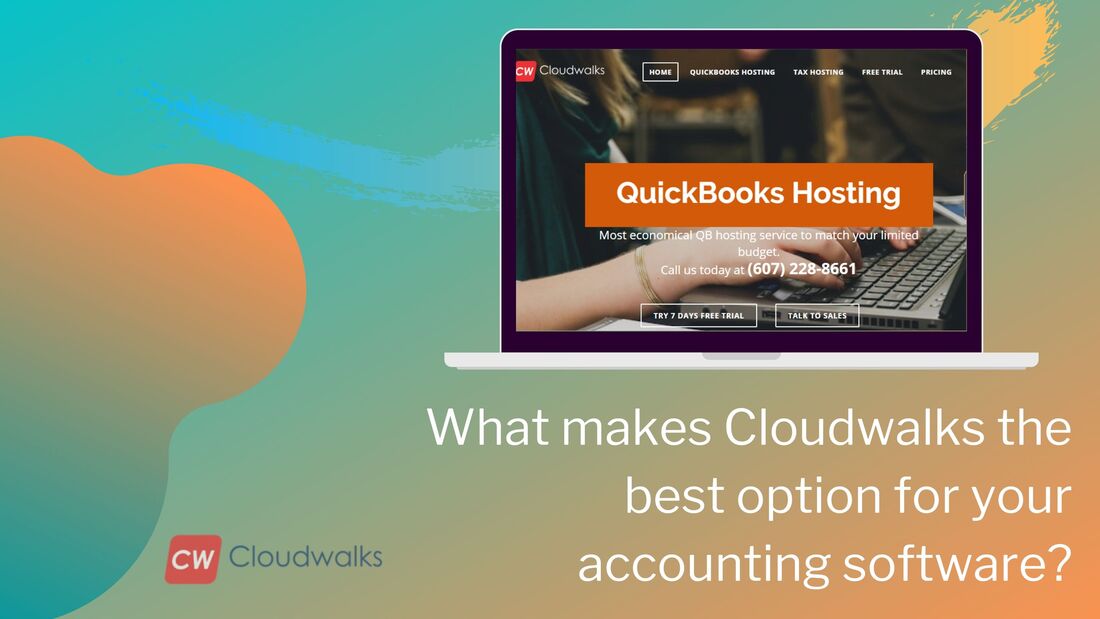|
You still run the risk of security vulnerabilities and ransomware attempts when uploading your company data and software details to the cloud. Owing to its cost-efficiency and streamlined productivity, almost half of all enterprise data is processed in the cloud. However, note, if you don’t rely on cloud encryption, your data may be hacked. We meet and share knowledge on the cloud in today’s technology-driven era, storing our most essential details on a cloud server storage. The usage of data storage colocation services offers improved security and privacy standards that are not accessible on-site set-ups. How do you find the right ways to ensure the confidentiality of your cloud data? Enhanced networking optionsFor certain public cloud providers, one of the most significant security threats is that the data will be open to the public internet. This need not be the case. You will take advantage of a carrier-grade network that supports high data density with optional dedicated circuits or a dedicated virtual private network. Protection of passwordAccording to statistics, your information is at no greater risk than having a password gets cracked. There are countless warnings about your password’s strength, and when creating passwords, many successful cloud server attacks are a direct result of carelessness. The longer, stronger, and more complex your password is, the safer it will be for your data. Also, don’t share your passwords. The more people know your secret, the more it travels and could wind up in the wrong hands finally. Location-resiliencyWhen the cloud is the topic, it is easy to overlook the fact that we are really talking about concrete data centers and not some ethereal things in the atmosphere. Be sure to inquire what sorts of safeguards and resilience capabilities they have against physical attacks while considering cloud services. Ask regarding their physical data centers’ capabilities and positions and how they guarantee safety and disaster recovery security. Deployment models flexibilitySeveral leading public cloud providers provide limited deployment solutions that are not directly based on data storage protection issues. Usually, they are built for volume rather than security. Look for these main functions in reviewing data processing vendors to ensure that you have the ability to resolve the most urgent protection and regulatory issues of today:
Data from the provider and its securityCustomers should also be concerned about what information the provider collects, how the csp protects that information, in addition to the protection of their customer data. What metadata does the provider have about your data, how is it protected and secured, and how can you or the customer access that metadata, specifically with regard to your customer data? If the data amount grows for a single vendor, so does the importance of the metadata. In addition, the provider receives a large volume of security-related details and must secure it. Your vendor can, for example, store, track, and secure firewalls, intrusion prevention system (ips), protection incident and event monitoring (siem), and router flow data at the network stage. Your provider should collect device logfiles at the host level, and SaaS providers should collect server log details, including authentication and authorization records, at the application level. Data encrypted at rest and in transitWhile you are transferring data to the cloud or within clouds, it is especially susceptible to failure or attack, in a way that you can lose visibility and not be informed of issues until they are too late. Your provider can offer an additional layer of protection by encrypting data both at rest and in transit, which can significantly reduce the risk of data loss or confidential record exposure. Offline gold copy with data isolationA security problem called ransomware is rising exponentially. There’s always the chance of contamination even though your data were in the cloud. Getting the data isolated offline, usually in a tape vault, is the best preparation against ransomware. Can the storage company give an offline gold replica as part of its comprehensive data protection services? You would have to set up a distinct operation and facilities for most providers to accomplish that. The main purpose of cloud security is to secure your data in the cloud. Encrypting your data in cloud ensures that your data is protected from being accessed by unauthorized users. It is recommended that you encrypt your downloaded or uploaded data from the cloud to secure them at all times.
0 Comments
Your comment will be posted after it is approved.
Leave a Reply. |
Most useful blogs |
Hosted Applications |
Tax Hosting Services |
Accounting Applications |
ContactAddress
Cloudwalks Hosting, Inc. 40 Exchange Place, Suite 1602 New York, NY 10005 |


 RSS Feed
RSS Feed




